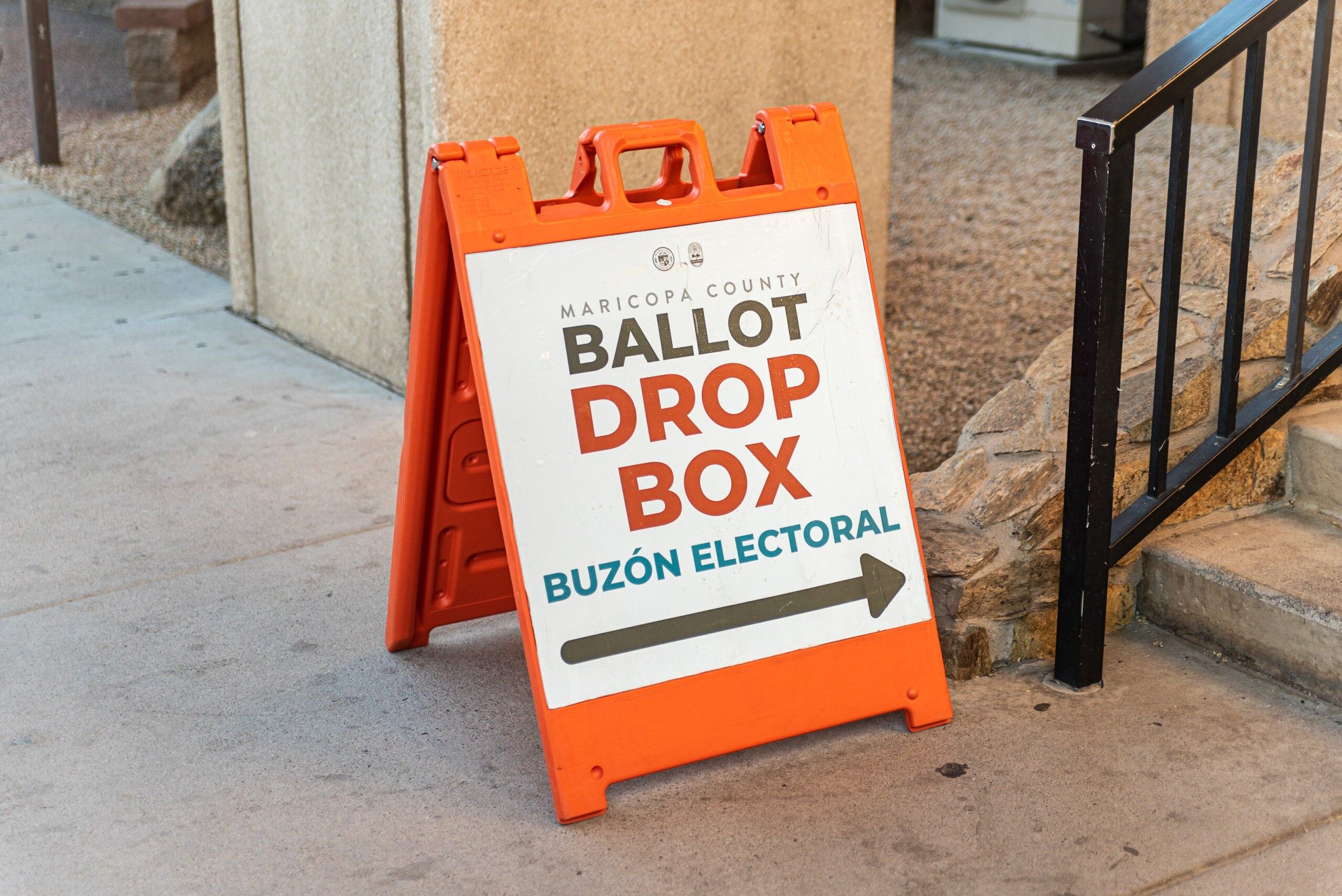Language barrier still hampers accessibility of US elections

RALEIGH, North Carolina — Americans are casting their ballots today for the 2022 midterm elections and, despite reminders from both parties to go out and vote, there is a crucial factor to the democratic exercise that is easy to overlook: the language barrier for immigrants.
"Language accessibility is an absolute issue when we want to make sure that more Americans vote," Carolina Rodriguez-Greer, Arizona state director at Mi Familia Vota, told Philstar.com in Phoenix last week.
"There are a lot of American citizens, my mother included, who don't speak English but wants to make sure that she votes."
Language accessibility is also an issue for immigrants who wish to cast their ballots, Rodriguez-Greer tells @PhilstarNews pic.twitter.com/FaLIuOdcgz
— Kaycee Valmonte (@kayceevalmonte) November 6, 2022
Limited English proficiency
Data from the Migration Policy Institute in Washington DC showed that 25.921 million individuals aged 5 years old and above had limited English proficiency as of 2021, translating to 8.3% of the total US population.
Having limited materials to explain the importance of the polls, the candidates’ platforms, and what their vote means for those eligible to cast their ballots but are fluent in another language affects their ability to choose leaders who would craft laws to protect them.
The US Congress actually enacted the language minority provisions of the Voting Rights Act to help address "high illiteracy and low voting participation" and empower these communities to participate in the electoral process.
Covered language minorities only include American Indians, Asian Americans, Alaskan Natives, and Spanish-heritage citizens. Even with these, though, groups have noted that there is still a gap to fill when it comes to making voter education more accessible.
In-language assistance
The 2022 Asian American Voter Survey by the Asian & Pacific Islander American Vote showed that 42% of Asian American registered voters said they would prefer in-language assistance if it was made available to them.
The survey also reached out to 257 Filipino respondents across the US. The poll logged at least 38% or almost four out of 10 Fil-Ams would use voting assistance in their Filipino language should it be available.
Meanwhile, North Carolina Asian Americans Together (NCAAT) noted that 78% of Asian American adults in North Carolina speak other languages at home, while 32% have reported limited English proficiency.
In the state, 15,528 individuals speak Filipino at home and 78% or 11,443 of this number can speak English "very well" and 26% or 4,085 can speak it "less than very well."
"In North Carolina, the Filipino community is estimated to be as large as 20,812, enough to change the outcome of toss-up elections,” NCAAT co-founder and executive director Chavi Khanna Koneru told Philstar.com in an interview on Monday.
Migrant communities have relied on groups such as Mi Familia Vota and NCAAT to help break down the language barrier to understand voter’s rights.
NCAAT's outreach for this year’s midterms includes hosting a multilingual assistance hotline in 20 Asian languages.
It also reached out to Asian American voters in North Carolina through giving out multilingual infographics about the local general assembly, supreme court, and the role of the sheriffs.
"We have heard back from community members about how grateful they are for pieces of literature that specifically address them as a group, that are translated into Asian languages," Koneru said.
--
This story was made possible through the International Reporting Tour hosted by the US Department of State's Foreign Press Center.
- Latest
- Trending


































